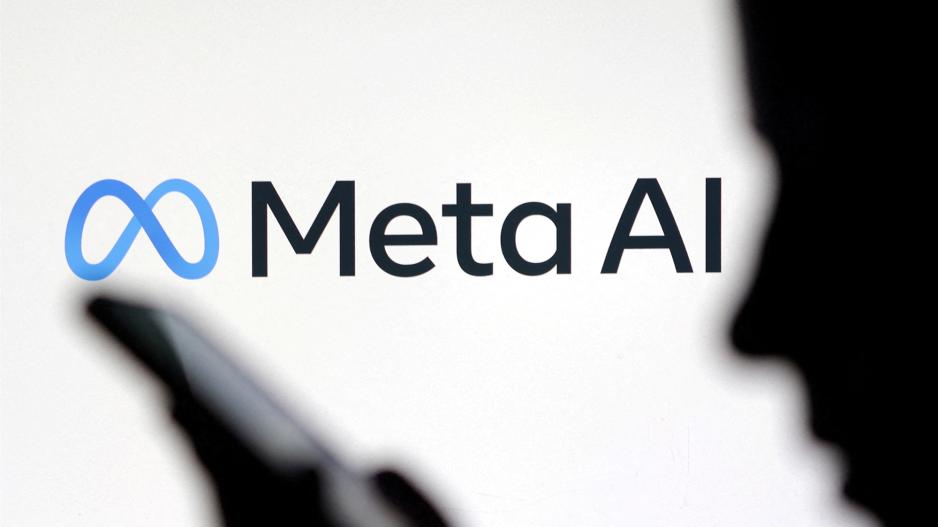Europe Lagging in AI Race, Says Meta Executive
Investments in AI in Europe Significantly Lower Compared to the US
Europe is falling behind in the global race sparked by the exponential growth of AI, observed Laura Bononcini, Regional Director of Public Policy for Meta in Southeast Europe, speaking at the "Athens Riviera Forum 2024."
At a time when AI is expected to increase global GDP by 7% in the coming years, Bononcini noted that Europe's investments in technological development are five times lower compared to the US. Specifically, the US invests 50 times more in AI than Europe. Even more striking is that the major tech companies (Meta, Amazon, Alphabet, Microsoft, Apple, Nvidia, Tesla), collectively known as the "Magnificent Seven," spent approximately $200 billion on AI research and development last year, which is half of all public and private investments in Europe during the same period, according to Bononcini. She also revealed that Meta aims to pressure the new European Commission and Parliament to create a unified digital market in the EU, enabling Europe to take a leading role in AI.

Bononcini, emphasizing that Meta's AI operations are based in Paris and thus making Meta a European company in terms of AI, suggested that Europe can regain its pace in the AI race and boost its economic competitiveness by leveraging AI technology for further development and adopting governance frameworks for both development and regulation.
To achieve this dual objective, Europe should identify member states and regions that share a common vision for AI development and encourage them to unite their efforts. Additionally, Europe should utilize open AI, allowing member states to build upon existing systems and create new tools without starting from scratch.
According to Meta's business logic, AI systems should always be open, differentiating Meta from other tech companies. "All our work, research, systems, and large language models like 'llama,' now in its third version, are open and have been downloaded by millions of businesses, academics, and organizations. Our goal is to create an open ecosystem that democratizes the use of AI tools. Open AI is crucial because it allows people to build upon existing systems, benefiting not only citizens but also public administrations. We open our systems not out of kindness but for business purposes; open systems allow experts to identify problems, helping us improve and refine them. AI has been, is, and will always be open for us," Bononcini assured.
She added that it is essential to communicate the best European practices in AI adoption, citing the significant technological advancements made by the Greek government as an impressive example.
Regarding AI regulation, Bononcini noted that the EU has adopted the crucial AI Act, though its implementation requires substantial work. However, regulatory frameworks differ significantly between countries, posing a challenge: they vary between Europe and the US and even more so between the West and China. "This is why we aim to push for a unified digital market with the new Commission and Parliament," she emphasized, adding that while regulations are vital for consumer protection, it is also crucial to consider Europe's competitiveness and leverage the positive aspects of regulations to gain an advantage.






